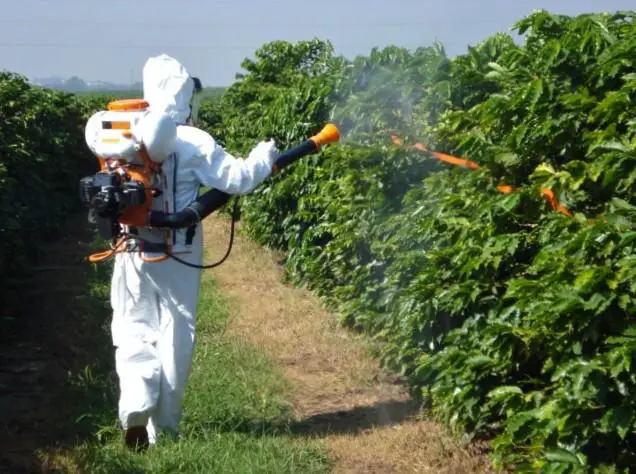Swiss food and beverage global leader Nestle has warned its suppliers primarily in Brazil and Indonesia that it will be performing more tests on coffee beans after the company found higher levels of the weedkiller glyphosate – the key ingredient of weedkiller Roundup, originally designed and sold by Monsanto.
This has sent jitters among other coffee-growing areas across the globe as more scrutiny is being put on the use of the chemical whose producer Bayer is facing numerous suits it inherited when it purchased American firm Monsanto.
A statement quoted by Blomberg notes, “We actively monitor chemical residues, including glyphosate, in the green coffee that we purchase.” The Nestle said in a statement continued, This monitoring program has shown that in some green coffee lots chemical residue levels are close to limits defined by regulations. We are reinforcing our controls working with suppliers to ensure that our green coffee continues to meet regulations all around the world.”
Roundup herbicide is widely used in East Africa with both ministries of health and ministry of agriculture in Kenya involved in a long blown out war on the effects of the chemical for agricultural production. This is mainly used in coffee farms threatening increasing global attention to the chemical and the effect it has on humans.
In a Kenyan senate presentation to a Joint Committees on Health and Agriculture, health Principal Secretary Susan Mochache clashed with her agriculture counterpart Prof Hamadi Boga on the use of the chemical for agricultural use.
France has become the first country to announce plans to eliminate glyphosate use by 2021 with limited exceptions. Other countries have announced intentions to outrightly ban or impose restrictions on the use of glyphosate-based herbicides, including Roundup.
The ball could go either way with global trends in consumption and trade of coffee beans expected to shift in the case Nestle stops buying coffee beans from giant producers Brazil and Ethiopia. This would favour specialty coffee producers like Rwanda and Uganda.
The U.S. Environmental Protection Agency (EPA) has constantly maintained that the chemical in question is not carcinogenic and the issue on its safety was mainly based on issues of trust that science. Glyphosate is used on more than 100 food crops, according to the EPA.
However, US courts have in the past awarded handsome pay for people who sued the manufacturer of the chemical for allegedly causing cancer.
Read also: Unlike its competitors, coffee sector in Kenya lacks cultural attachment
